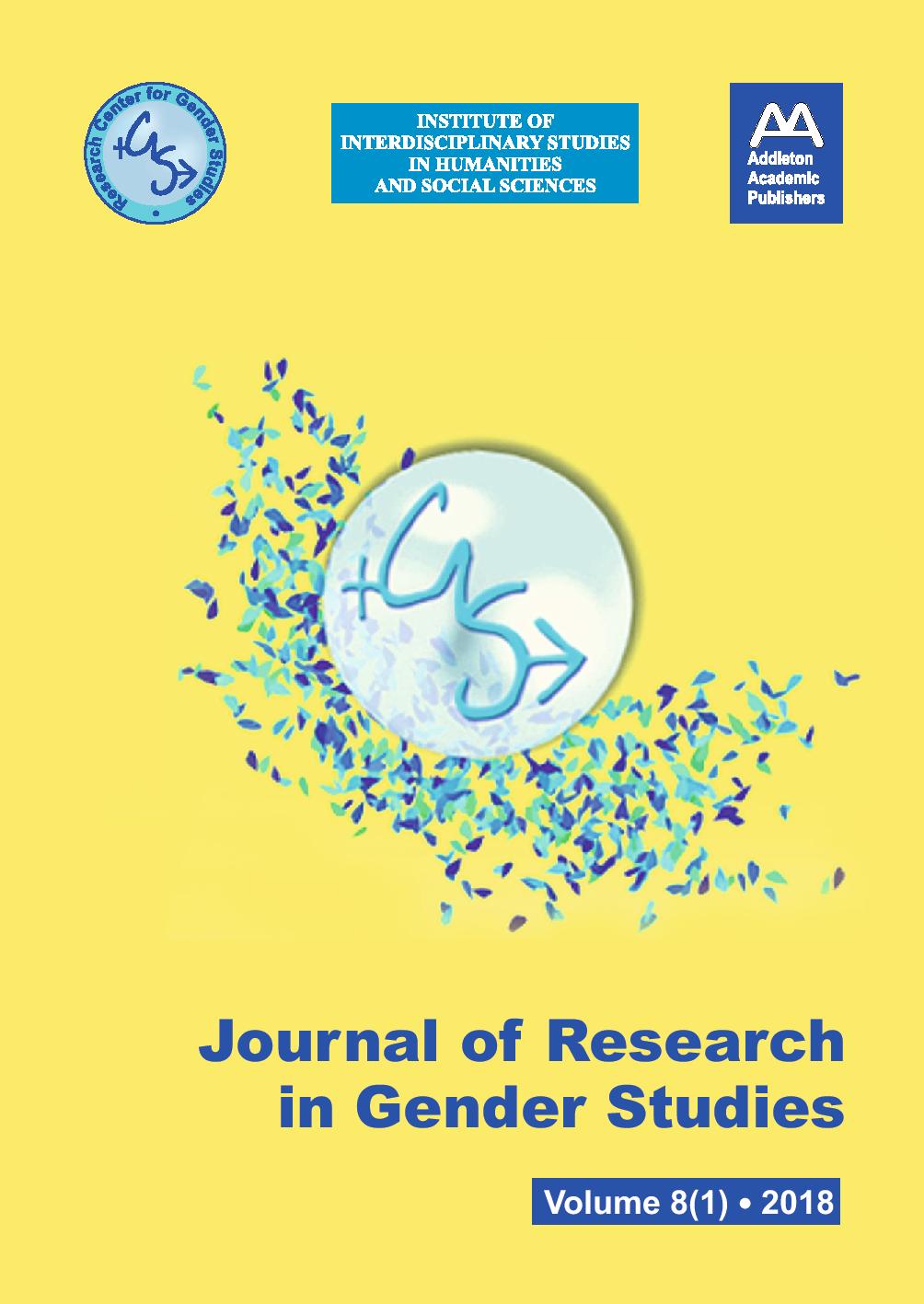LINGUISTIC PRACTICES IN GENDERED INSTITUTIONAL SETTINGS: SPEECH BEHAVIOR OF FEMALE POLITICAL LEADERS
LINGUISTIC PRACTICES IN GENDERED INSTITUTIONAL SETTINGS: SPEECH BEHAVIOR OF FEMALE POLITICAL LEADERS
Author(s): Elena Grațiela DicuSubject(s): Language and Literature Studies, Gender Studies
Published by: Addleton Academic Publishers
Keywords: linguistic practice; gendered institutional setting; speech behavior;
Summary/Abstract: Research evidence (e.g. Cameron and Shaw, 2016) suggests that the co-evolution of competing and incompatible principles of gender and political speech constitutes an issue for women in positions of political leadership. Using data from Pew Research Center, I performed analyses and made estimates regarding the percentage saying women/men make better political leaders, the percentage indicating major reasons why there are not more women in top executive business positions or in high political offices, and the percentage saying, in general, women/men in high political offices are better at working out compromises, being honest and ethical, working to improve quality of life for U.S. citizens, standing up for beliefs despite political pressure, or being persuasive. Empirical and secondary data are used to support the claim that the most successful male/female political speakers employ a series of linguistic resources to establish a decision of their own.
Journal: Journal of Research in Gender Studies
- Issue Year: 8/2018
- Issue No: 1
- Page Range: 158-164
- Page Count: 7
- Language: English
- Content File-PDF

